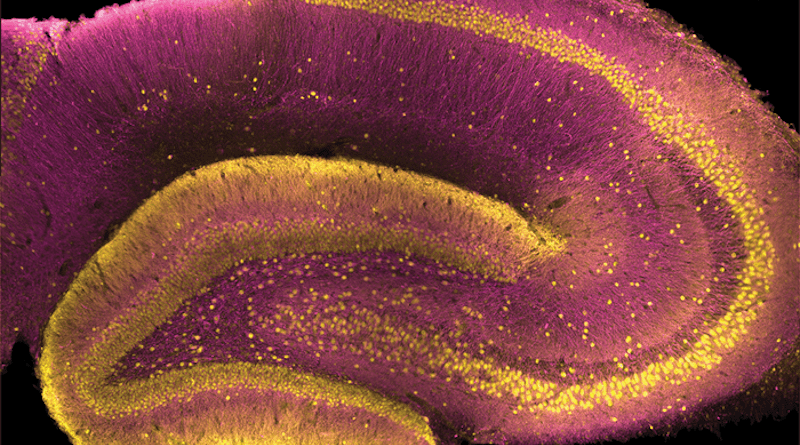Scientists Reveal Where Schizophrenia May Originate In The Brain
In the process of solving a decades-long mystery about a particular protein, scientists have identified a specific location in the brain where schizophrenia may originate.
Despite the identification of many genes that show some link to schizophrenia, identifying a part of the brain that is likely responsible for the disorder with a high level of certainty has proven to be extremely difficult — until now.
Why it’s important:
Knowing where to look and what to look for could help identify those at risk of schizophrenia before the disorder strikes and might lead to new diagnostic, preventive and treatment measures.
- Schizophrenia affects about 20 million people around the globe.
- Symptoms include hallucinations, delusions, flat affect (lack of emotional expression), loss of a sense of personal identity, and memory loss.
A protein without a role
The study, led by researchers at the USC Dornsife College of Letters, Arts and Sciences and published in Nature Communications, centers on a protein called synapse-associated protein 97, or SAP97, that is found in neurons in the brain.
- Scientists have recently discovered that mutations inhibiting SAP97 function can give rise to schizophrenia.
- These mutations are linked to a 40-fold increase in the risk of developing schizophrenia — the largest increase in risk documented for any mutation to date.
- The normal function of SAP97 — that is, what it normally does and where it does it in the brain — has remained elusive for many years.
- Not knowing how or where the protein works has also kept a veil over why mutations in SAP97 would lead to schizophrenia.
“Reduced SAP97 function may very well give rise to the largest increase in schizophrenia risk in humans that we know of, but the function of SAP97 has been a total mystery for decades. Our study reveals where SAP97 functions in the brain and shows exactly what schizophrenia-associated mutations in this protein do to neurons,” said Bruce Herring, assistant professor of biological sciences at USC Dornsife.

